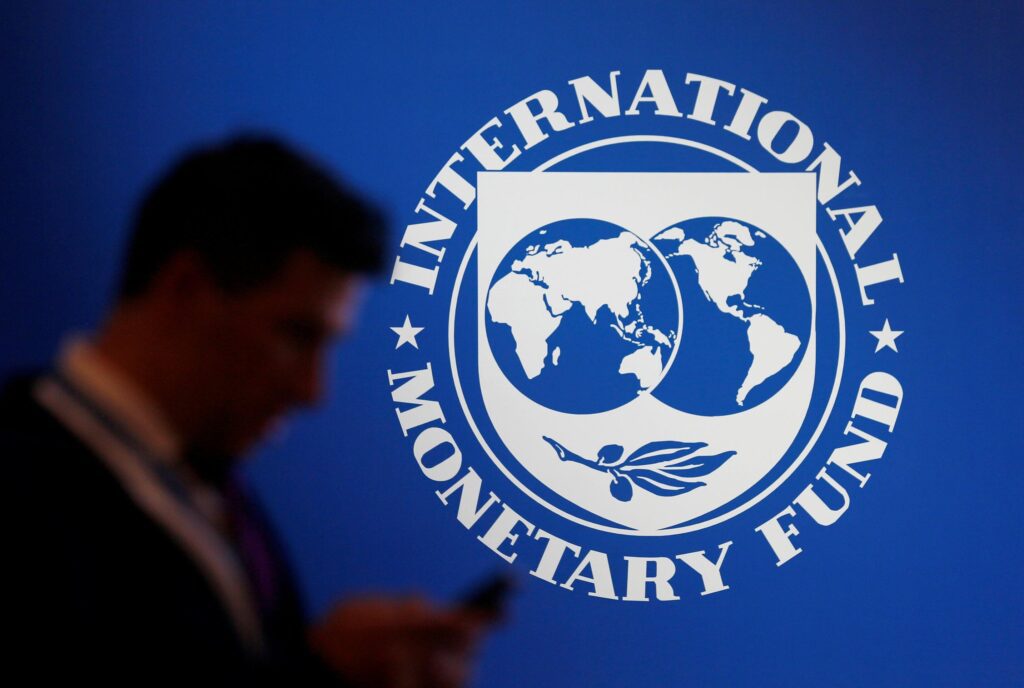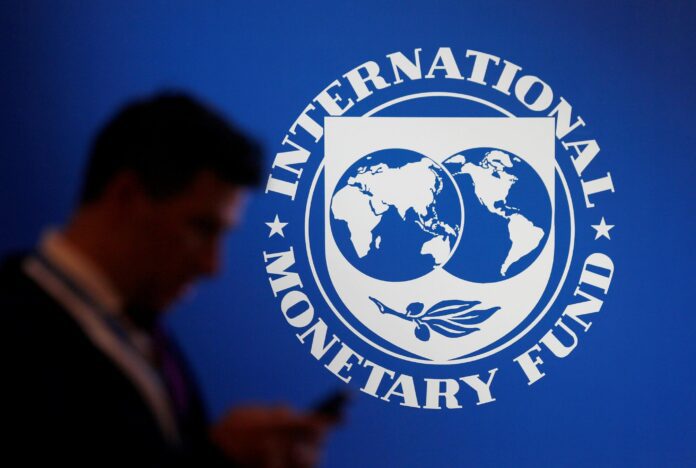The finance ministry remains hopeful that the IMF board will approve the loan within September.
ISLAMABAD:
The $7 billion bailout request from Pakistan will not be on the agenda for the upcoming International Monetary Fund (IMF) Executive Board meeting scheduled for September 4. This significant development indicates that Pakistan’s request for the substantial financial package will not be considered during this particular session of the IMF’s board.
The IMF has released the schedule for its Executive Board meetings for the current week, and the agenda does not include Pakistan’s bailout request. This absence from the immediate agenda has raised concerns about the timing of the approval process for the critical financial assistance Pakistan seeks.
Despite this, the finance ministry in Pakistan remains optimistic about the eventual approval of the loan within the month of September. Government officials are hopeful that the IMF board will address and approve the $7 billion bailout request before the end of the month, despite the current scheduling setback.
Finance ministry sources have indicated that the government is actively engaging with several international partners to secure additional financial support. Pakistan is in discussions with China, Saudi Arabia, and the United Arab Emirates (UAE) to extend or roll over existing loans totaling $12 billion. This financial maneuver is intended to bolster Pakistan’s economic position and manage its external debt more effectively.

In addition to these efforts, Pakistan has also requested a $1.2 billion loan from Saudi Arabia to bridge a $2 billion financing gap. This request is part of a broader strategy to address immediate financial needs and stabilize the country’s economic situation. The additional loan from Saudi Arabia is seen as a crucial step in managing the shortfall and ensuring sufficient liquidity for the government.
The IMF bailout package, if approved, would play a significant role in supporting Pakistan’s economic stability. The $7 billion package is part of Pakistan’s efforts to secure external financing and strengthen its economic position amidst ongoing financial challenges. The approval of this package would provide critical support for the country’s development programs and help stabilize its financial system.
The delay in the inclusion of Pakistan’s bailout request on the IMF’s agenda highlights the complexities and timing issues involved in international financial negotiations. While the immediate outlook may appear uncertain, the finance ministry’s continued optimism reflects a commitment to navigating these challenges and securing the necessary financial support.
As the month progresses, the finance ministry and government officials will likely intensify their efforts to advance discussions with the IMF and other international partners. The outcome of these negotiations will be crucial for Pakistan’s economic future and its ability to manage both short-term financial needs and long-term economic stability.
In summary, while the $7 billion bailout request is not currently on the IMF’s agenda for the upcoming board meeting, the finance ministry remains hopeful for a positive resolution within the month. Pakistan’s broader financial strategy includes engaging with international partners for additional support and addressing immediate financing gaps to ensure economic stability and growth.


